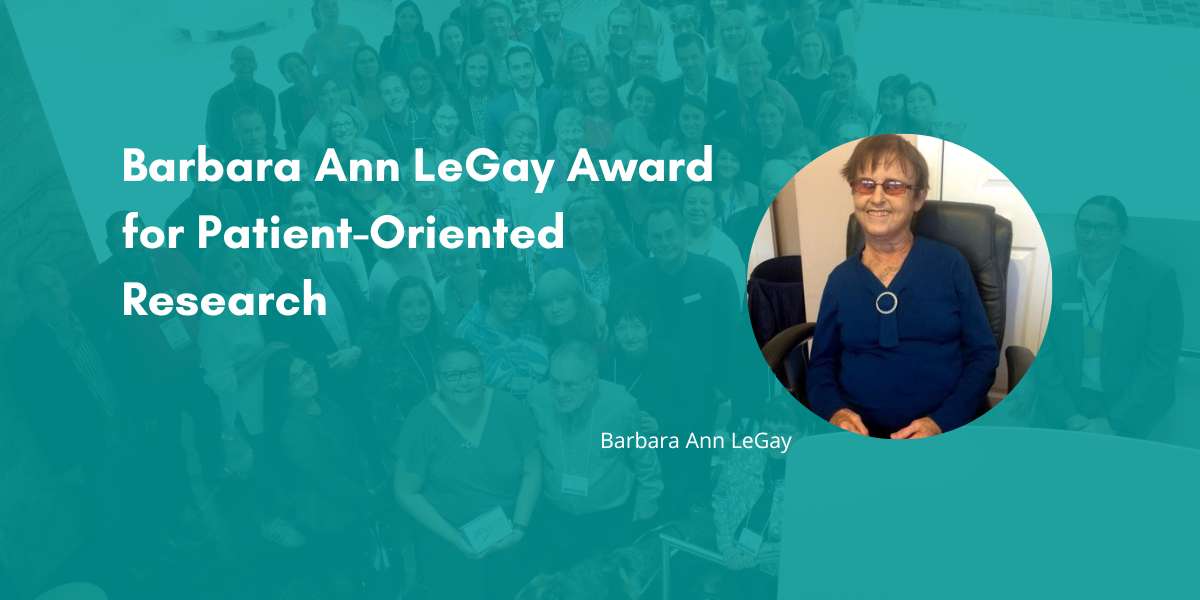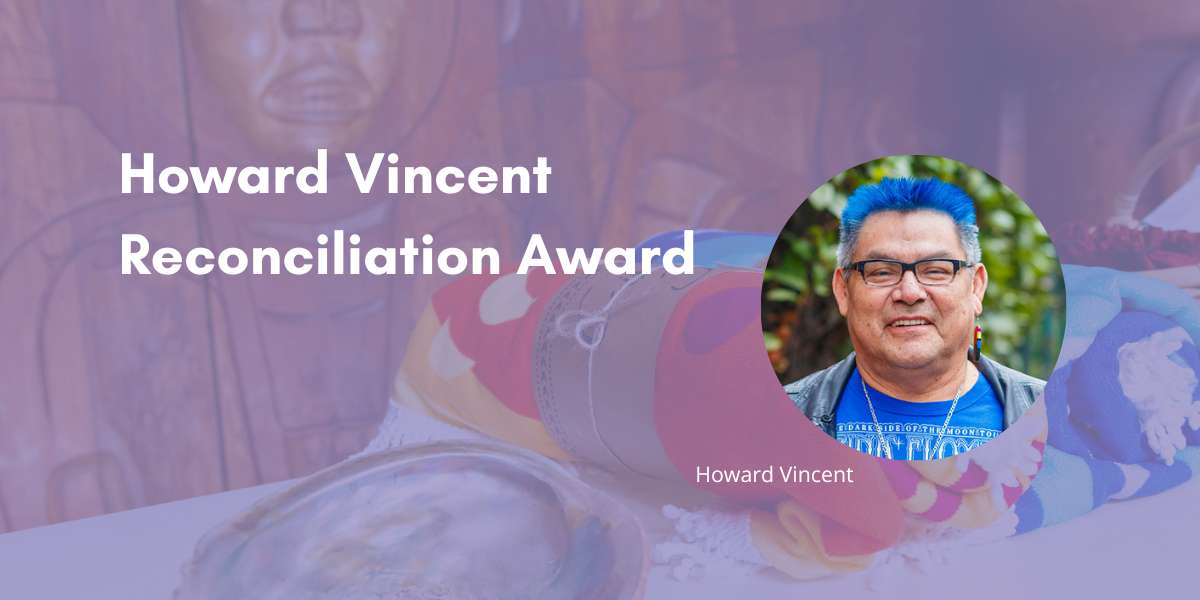
The Barbara Ann LeGay award for Patient-Oriented Research is presented to a patient who has demonstrated a special knowledge and interest in the inter-relationship between medical care providers, researchers and patients.
It is an acknowledgement of the central role that the patient shares in the development, testing and implementation of new practices and procedures in the provision of appropriate care for persons living with kidney disease.
Selection criteria
- A patient partner currently involved in Can-SOLVE CKD Network
- Partners with researchers, policy makers, and health care providers for the betterment of patient health care and practice
- Demonstrates leadership, innovation, and creativity in their work with Can-SOLVE CKD and beyond
- Strong will for change and pushing the envelope
- Working to address the disconnect in health care, promoting care team coordination
Past Nominees and Recipients (bolded):

The Howard Vincent Reconciliation Award honours a non-Indigenous individual who has demonstrated commitment to furthering Reconciliation with Indigenous peoples within the Can-SOLVE CKD Network or who has inspired others to continue Reconciliation efforts.
Reconciliation must take root in our hearts and through our actions, and the Howard Vincent Award celebrates those who demonstrate exceptional leadership, integrity and respect while taking meaningful action towards Reconciliation.
We invite all network members to nominate a champion of Reconciliation who strives to build relationships across cultures.
Selection criteria
The award recipient will be a non-Indigenous individual who is currently involved in Can-SOLVE CKD Network and:
- partners with researchers, policy-makers, and health care providers for the betterment of Indigenous health;
- demonstrates leadership, innovation, and creativity in their work with Can-SOLVE CKD and beyond;
- demonstrates leadership, integrity, respect, and a strong will for change


